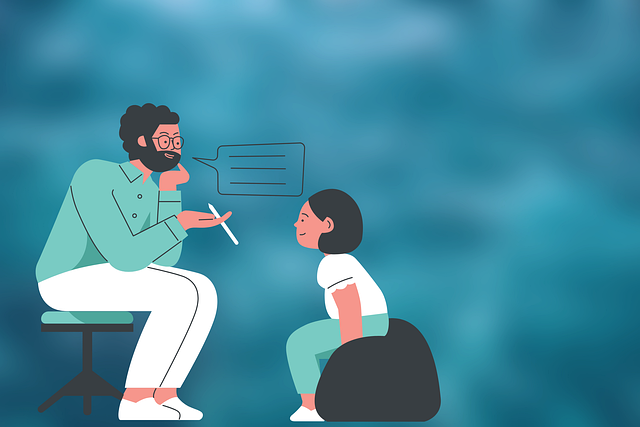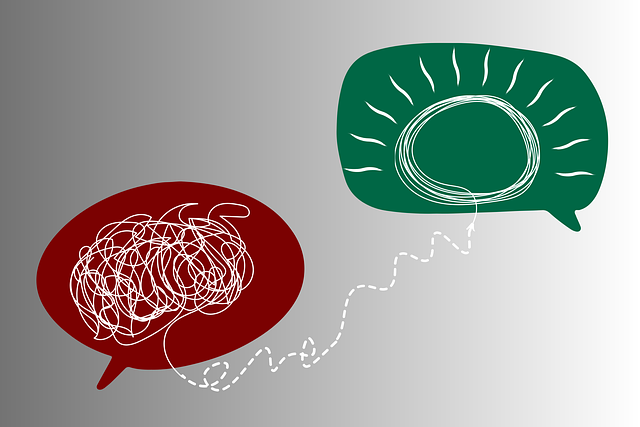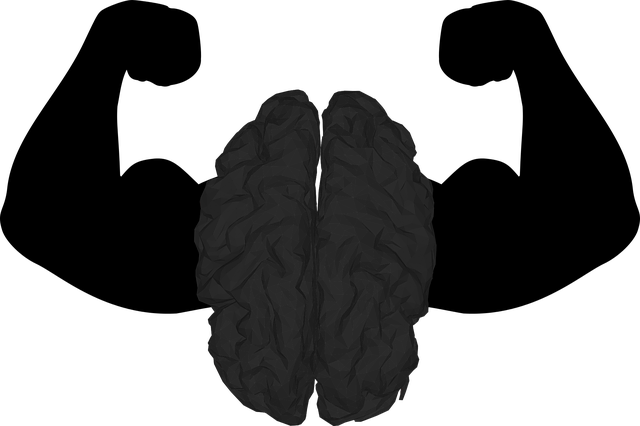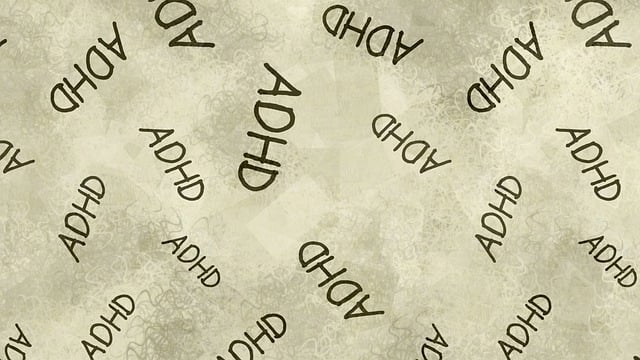Mental Wellness Coaching provides a collaborative, evidence-based approach to optimize mental health through goal setting, self-discovery, and practical skill development. Lafayette Anger Management Therapy, as a specialized program within this coaching framework, teaches effective anger management strategies tailored to diverse needs, promoting better relationships and cultural competency among healthcare providers. Effective coaching requires recognizing and catering to diverse mental health needs, preventing burnout in demanding environments like healthcare. Continuous improvement, community engagement, regular assessment, and integrating techniques like Lafayette Anger Management Therapy ensure impactful and accessible mental wellness support.
Mental wellness coaching programs have emerged as powerful tools in fostering holistic well-being. This article delves into the development of such programs, offering a comprehensive overview with a focus on Lafayette Anger Management Therapy—a specialized approach that targets specific mental health challenges. We explore strategies for designing effective coaching tailored to diverse needs, highlighting implementation techniques and continuous improvement methodologies. By understanding these aspects, professionals can enhance their practices, ensuring positive outcomes for clients.
- Understanding Mental Wellness Coaching: A Comprehensive Overview
- Lafayette Anger Management Therapy: A Specialized Approach
- Designing Effective Coaching Programs for Diverse Needs
- Implementation and Continuous Improvement Strategies
Understanding Mental Wellness Coaching: A Comprehensive Overview

Mental Wellness Coaching is a supportive process designed to help individuals achieve and maintain optimal mental health and well-being. It involves working collaboratively with a coach, often within a structured program, to identify personal goals related to stress management, emotional regulation, and overall resilience. Unlike traditional therapy, coaching focuses on empowerment, self-discovery, and developing practical skills to navigate life’s challenges. Coaches utilize various evidence-based techniques tailored to the client’s unique needs, fostering a safe space for exploration and growth.
This holistic approach recognizes that mental wellness is influenced by multiple factors, including personal beliefs, relationships, lifestyle choices, and environmental conditions. By addressing these aspects, coaches help individuals cultivate coping strategies, enhance self-awareness, and build effective communication skills. For instance, a Lafayette Anger Management Therapy program can teach clients techniques to recognize and manage anger, promoting healthier interactions in various settings. Beyond individual coaching, community outreach programs and advocacy play a crucial role in expanding access to mental wellness support, while risk management planning ensures professionals are equipped to handle potential challenges safely and ethically.
Lafayette Anger Management Therapy: A Specialized Approach

Lafayette Anger Management Therapy takes a specialized approach to addressing one of the most challenging aspects of mental wellness: anger. This program is designed to help individuals understand and manage their anger in healthy, constructive ways, which not only benefits their personal relationships but also contributes significantly to self-care routine development for better mental health. By focusing on the root causes of anger, participants learn effective coping mechanisms tailored to their unique needs.
Incorporating this specialized therapy into mental wellness coaching programs underscores the importance of healthcare provider cultural competency training. Anger management issues often intersect with broader mental health concerns and cultural identities, requiring professionals to be adept at navigating these complexities. A thorough risk assessment for mental health professionals is also crucial in implementing Lafayette Anger Management Therapy, ensuring that the approach is both safe and effective for all participants.
Designing Effective Coaching Programs for Diverse Needs

Designing effective coaching programs requires recognizing and catering to diverse mental health needs. One size doesn’t fit all when it comes to Lafayette Anger Management Therapy or promoting emotional well-being, especially in specialized fields like healthcare where burnout prevention strategies are crucial. Coaches must be adept at tailoring their approach to suit individual clients. This involves assessing not just the primary issues but also underlying factors contributing to stress and mental health challenges.
For instance, while some individuals may seek coaching for anger management, others might require support for anxiety or depression. Incorporating techniques for inner strength development can be instrumental in empowering individuals to cope with demanding environments, such as healthcare settings. By offering tailored interventions that focus on both the specific concerns and broader emotional well-being promotion techniques, coaches ensure more meaningful and lasting outcomes for their clients.
Implementation and Continuous Improvement Strategies

The successful development of mental wellness coaching programs involves a continuous cycle of implementation and improvement. Once launched, regular assessment is crucial to gauge the program’s effectiveness. This process enables coaches and stakeholders to identify areas that require refinement based on client feedback, outcomes measured, and best practices from fellow professionals. For instance, integrating Lafayette Anger Management Therapy techniques into the coaching curriculum could enhance sessions tailored for clients dealing with anger-related issues.
Community Outreach Program Implementation plays a vital role in broadening access to mental wellness coaching. By extending services beyond traditional settings, coaches can reach a diverse range of individuals. Additionally, prioritizing burnout prevention strategies is essential for maintaining coach well-being and ensuring sustained quality of service. Risk Management Planning for Mental Health Professionals also falls under this category, safeguarding both the practitioners and the clients they serve.
Mental wellness coaching programs, such as those inspired by Lafayette Anger Management Therapy, are evolving to meet diverse needs. By understanding the core principles of coaching and employing strategies like continuous improvement, professionals can design effective programs that enhance mental well-being. Incorporating specialized techniques, like those seen in anger management therapy, ensures tailored support for individuals seeking growth and balance. Through collaborative efforts and innovative practices, we can revolutionize mental health support, making it accessible and beneficial to all.














